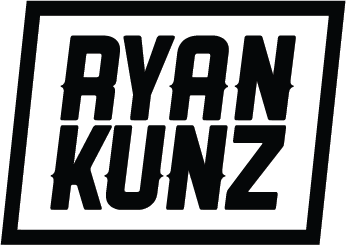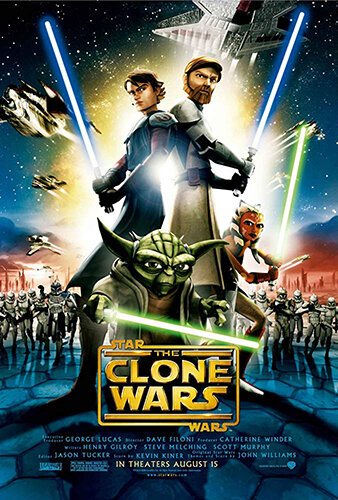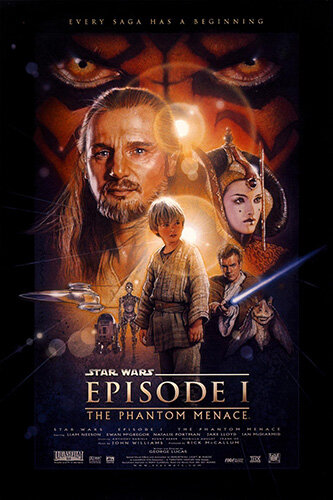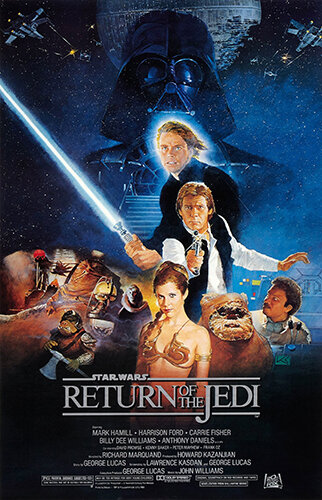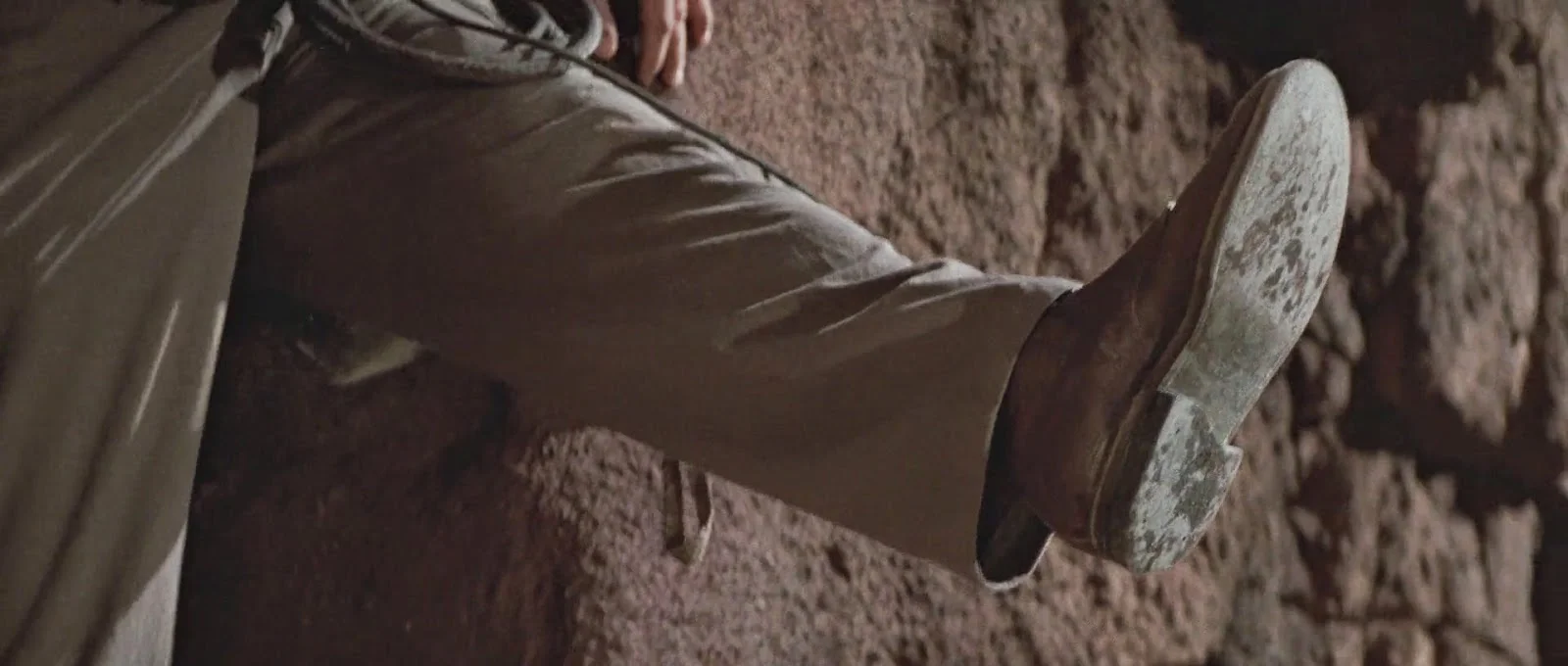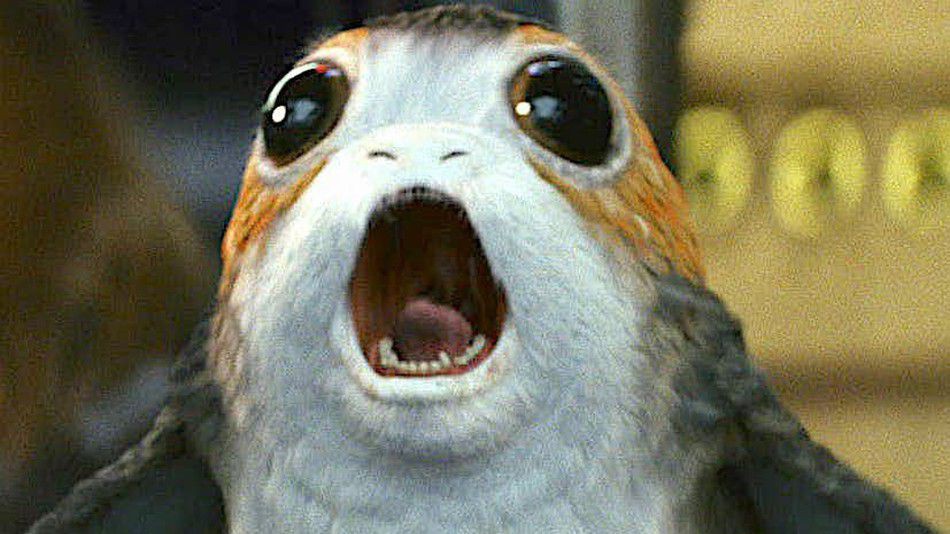Well, The Rise of Skywalker is finally out, and with it comes some modicum of finality. The Star Wars saga has come to an end (for the third time), giving us four decades’ worth of lightsaber clashes, speeder chases, groundbreaking special effects, and bad feelings about this. We’ve had three eras (the originals, the prequels, and the sequels, with a few standalone films thrown in there). So it’s time to rank them, starting from the worst.
(Note that this list does not include the Ewok made-for-TV movies or the dreaded Holiday Special, just the feature films released in theaters. Other than The Mandalorian, which is here in sort of an honorary capacity because it’s as good as most of the films, the list does not include TV shows. That’s why you’ll see The Clone Wars movie on here, but not the actual show the movie was meant to introduce.)
All of these, plus the stand-alone films. All poster images here are owned by Lucasfilm.
This shouldn’t have to be said, but this list is totally subjective, and even my list changes over time. Even if you disagree with my reasoning, I hope you can respect the consideration that went into it. Feel free to comment with your own ranking; there’s no wrong order.
Let’s start from the bottom and work up to the top…
12. ATTACK OF THE CLONES (2002)
Every Star Wars film has its weaknesses. For AOTC, those weaknesses are more numerous than the faceless CGI clone troopers that fight faceless CGI battle droids in the film’s final act. Or maybe it’s just a few major weaknesses that overwhelm the film. The major problem with AOTC is that the entire film—and by extension, Anakin Skywalker’s entire arc—hangs on the strength of his love story with Padmé Amidala. And nothing in Star Wars, not even Jar Jar Binks, has ever been more groan-inducing that Anakin Skywalker’s clumsy attempts to woo Padmé (except maybe her inexplicable attraction to the psychotic murderer who won’t stop telling her how much he hates sand).
Like the rest of the prequels, AOTC was written by George Lucas rather than a dedicated screenwriter, and you can tell. The dialogue throughout feels like it emerged from a freshman screenwriting class. The plot is convoluted: some random Jedi named Sifo-Dyas (who goes unexplained until an episode of The Clone Wars much later) had something to do with hiring a secret clone army; meanwhile, the Sith Lord Tyrannus (Count Dooku), hired a bounty hunter named Jango Fett as a genetic template, and C-3PO gets his head swapped with a battle droid. No Star Wars movie is high cinema (with one possible and controversial exception), but after AOTC, anything is an improvement.
11. THE CLONE WARS (2008)
You probably forgot about this one, didn’t you? It should never have been a movie. This film actually began life as several distinct episodes of the then-upcoming The Clone Wars TV show that were stitched together into a movie. So while the actual TV show that followed actually turned out to be pretty good (and remains well-beloved these days by the fans), the movie itself suffers from a serious identity crisis. Is it a movie? Is it a long pilot for TV show? Is it something in between? Nobody quite knows.
10. THE PHANTOM MENACE (1999)
TPM suffers from many of the same problems as AOTC, though its lack of a terrible romantic subplot elevates it above its immediate sequel. I won’t say anything about Jar Jar Binks that hasn’t already been said, except I can appreciate what George Lucas was trying to do in trying to inject some childlike levity into the film, and I apologize on behalf of all the fans for the toxic response to the character. (I was just as bad as anyone.)
The film has a few redeeming qualities: the Podrace, despite its overly-CGI’d cartoon characters, is a really fun sequence; Liam Neeson gives a standout performance as Qui-Gon Jinn (one of the many prequel actors who do their very best with the stilted lines given to them); and we got to meet Darth Maul and hear “Duel of the Fates” (still one of John Williams’s greatest tracks). Unfortunately, the film is still too much of a mixed bag to rank higher on this list.
9. REVENGE OF THE SITH (2005)
This is the best of the prequels, though that’s not saying much. John Williams’s score is some of his best and most haunting, and the action rarely lets up. The Order 66 montage, where the clone troopers turn on their Jedi commanders across the galaxy, is one of the franchise’s most arresting scenes. The final battle on the lava planet Mustafar is thrilling, though it frequently feels over the top. A few key performances carry the film, most notably Ian McDiarmid’s Palpatine. And yet Anakin Skywalker’s fall to the dark side (the process on which the entire plot hangs) feels a bit too sudden and the dialogue is still too stilted for me to truly love this film.
8. THE RISE OF SKYWALKER (2019)
I can’t figure out where to put this movie. There are parts that I really like, and parts that didn’t sit right with me. (I imagine that’s how the non-toxic The Last Jedi critics sometimes feel about that movie, which is totally fair.) I can’t figure out if it goes above or below The Force Awakens. For now TFA is one rank higher because it, for all its lack of originality, is a much cleaner, less rushed film. Maybe this one will rise, like its titular bloodline, over time. But the thing that bothered me the most was simply how TROS played it too safe, working too hard to string together a plot from a checklist of fan service pulled from the Internet’s loudest The Last Jedi haters. It’s like JJ Abrams let Reddit write the screenplay for him. (See my original review here.)
TLJ showed us the importance of leaving tired Star Wars clichés behind: we were never going to have another family lineage reveal as powerful as the “I am your father” from The Empire Strikes Back, so why continually try to imitate it? Even Abrams knew that no reveal will ever be as shocking as that one, but he tried anyway, resulting in a reveal that feels as inevitable as it is narratively weak. TROS decided that tired clichés are the way to appease the haters, making Rey the heir to yet another dynastic bloodline rather than letting her be special in her own right. Why couldn’t the Force just choose her because of her individual character rather than her lineage? I did enjoy a lot of the film, though its unwillingness to take narrative risks—and its desperation to pander to the masses—ultimately left a bad taste in my mouth. We’ll see how well it ages for me. Maybe in a year or so it’ll be higher.
7. THE FORCE AWAKENS (2015)
This is a good film. It’s slick, thrilling, visually striking, and full of fun characters. Rey’s introduction, several minutes without a word of dialogue, is excellent. Her accompanying musical theme is one of the franchise’s best. The chemistry between Poe and Finn is instant and engaging. In a universe where A New Hope had never come out, TFA even would be a great film. But in the universe we live in, it doesn’t contribute enough of its own to the Star Wars mythos to rank any higher on my list.
6. A NEW HOPE (1977)
What can I say about the original Star Wars film that hasn’t been said? This is the film that captured a generation and never let go. Later movies, starting with the superior-in-every-way The Empire Strikes Back, improved upon its formula, but perhaps in some sense, you can never beat the original. You can certainly never beat certain scenes. We will never be able to top the moment Luke Skywalker stares off into the sunset or replicate the climactic trench run.
5. SOLO: A STAR WARS STORY (2018)
Solo’s biggest weakness is its need to explain how every detail of the Han Solo legend came to be, apparently over the course of one crazy weekend. So it never adds anything essential to the overall saga. Taken on its own, however, it’s a lot of fun. It’s a space Western with a killer soundtrack, great action scenes, fun characters, and a lot of great little moments, like Lando dictating his memoirs. The Kessel Run sequence remains of my favorites; it’s one of those great scenes that draws enough nostalgia to “feel” like Star Wars while blazing new territory.
4. ROGUE ONE: A STAR WARS STORY (2016)
This movie starts out a bit rocky and takes a while to find a cohesive narrative. Jyn Erso is never a particularly well-drawn character, and her sudden shift from apathetic criminal to true believer is never quite earned. Luckily, she’s surrounded by a cast of characters who are far more interesting than she is. If the movie had spent the first act building up those characters a bit more rather than taking us through a convoluted tour through Rebel and Imperial politics, it might be a perfect movie. But when the movie does find its footing, it’s some of the best that Star Wars has to offer. What I loved about this movie—aside from the third act, which is the best battle scene in any Star Wars film—is the film’s willingness to kill off all of its main characters. Sometimes narrative risks pay off. (TROS could learn a thing or two from Rogue One on that.)
3. THE LAST JEDI (2017)
Bear with me for a minute, please. The most polarizing Star Wars film is also the one that requires the most critical thought to enjoy—and holds the most reward for those willing to check thirty years’ worth of “here’s how I think a Star Wars movie should go” at the door. (No wonder the critics almost universally loved it; they’re not encumbered by loyalty to obscure lore—or the need for Luke Skywalker to continue to serve as a vehicle for wish fulfillment.) Some parts of the Internet like dismiss TLJ as “garbage” and “trash,” but those who deride it in such terms would do well to give it a more thoughtful watch—or at least explore a wider vocabulary. Sure, it’s not perfect. Even I don’t love the Canto Bight storyline, though if you pay attention it becomes clear that the arc is all about making Finn, previously lukewarm about his commitment to the Resistance, finally choose a side.
But so much of it is brilliant that I give the weaker parts a pass. For example, Luke’s arc, derided by haters as inconsistent with his original trilogy portrayal, is one of the most interesting arcs in the series. Those haters make the mistake of oversimplifying the hero’s journey, assuming that Luke’s growth as a young man leaves nowhere to go but up. That sounds pretty boring to me. Instead, TLJ reduces a hero to a flawed but relatable human being, giving him a redemption arc worthy of a Jedi Master—dying to hold off the entire First Order while upholding the time-honored Jedi ideal that, in the oft-ignored words of Ben Kenobi, “there are alternatives to fighting.” (Read more about my thoughts on TLJ here, here, and here.)
2.5: THE MANDALORIAN (2019)
This isn’t a movie, so according to the rules of this list it doesn’t get a number of its own. But if it were, it would be #3 here on my ranking. How great was that finale? I love that show. Music, action, visuals, characters—it captures what drew people to Star Wars in the first place. And Baby Yoda.
2. RETURN OF THE JEDI (1983)
My complicated feelings toward Ewoks notwithstanding, ROTJ is a great film. The first act starts out as a slow burn, but the Sarlacc battle is one of my favorite action scenes from the original trilogy. The second act explores the dynamics between the main characters, and the third act is nearly perfect (if you’re willing to suspend your disbelief regarding the possibility of a bunch of teddy bears taking down a superior military force). After one of the series’s most emotionally charged lightsaber battles, Luke Skywalker resists the call of the dark side and realizes what his father couldn’t: that fighting isn’t the Jedi way—followed by Darth Vader’s sacrifice for his son. (Of course, once you resist temptation once, that doesn’t mean the temptation goes away for the rest of your life, making TLJ a necessary sequel to Luke’s ROTJ arc.)
1. THE EMPIRE STRIKES BACK (1980)
This will always be the best Star Wars. The music is superb, debuting one of the most iconic leitmotifs in film score history: the Imperial March. Luke, previously little more than a whiny farm boy/audience surrogate/vessel for adolescent wish fulfillment, has to face failure for the first time. The action is better, the story is darker, the characters more compelling. The scene where Yoda lifts the X-wing out of the swamp is about far more than a frog-person using telekinesis on a spaceship; it’s about faith. The Han/Leia romance will always be the best romance in the series. The “I am your father” reveal will never be outdone. This is the film that takes A New Hope’s winning formula and runs with it, twists it, and delivers an end product that improves upon the original in a film that will probably never be topped in Star Wars canon.
